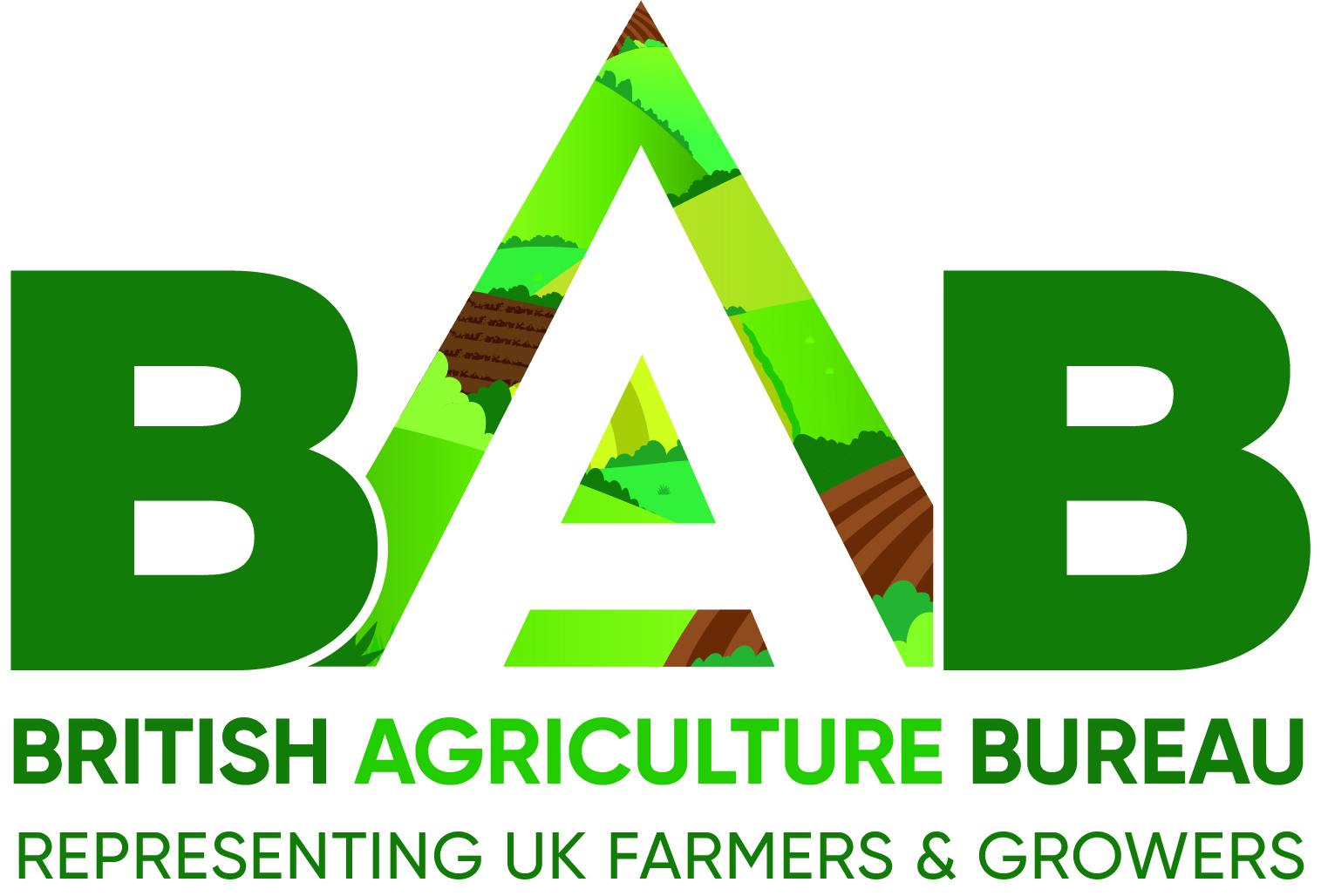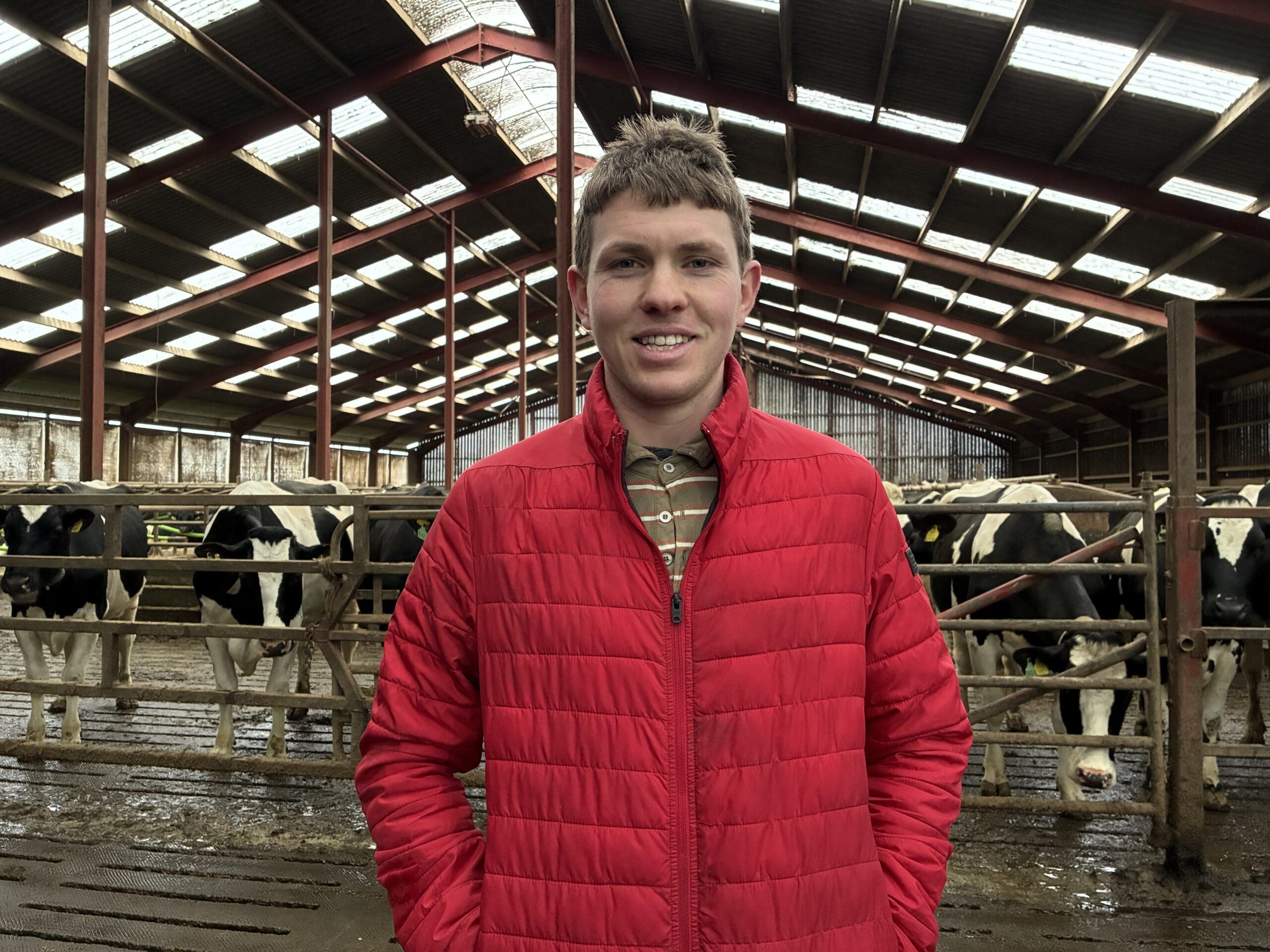
Sheep and goat plague
- In Greece, more than 14,000 sheep have been preventatively culled and livestock farms are being quarantined after the virus known as “Peste des Petits Ruminants” (PPR) was first detected on 11 July. The Greek Agriculture Ministry has banned the movement of goats and sheep from farms in attempt to contain the spread of contagious disease. There is no conclusive evidence regarding how the virus arrived in Greece, but imports from Romania, which is also grappling with the disease, have been halted.
- Greek Rural Development Minister Tsiaras plans to address the issue at the upcoming EU Agriculture and Fisheries Council (AGRIFISH) meeting in September, seeking joint measures to protect livestock and financial support for farmers.
- Romania has 37 active outbreaks in Tulcea, Constanta, and Timis, killing over 200,000 animals, according to the country’s veterinary and food safety authority. Bucharest has restricted the transport of live sheep and goats and grazing in affected areas, as well as banning the use of the same pasture by multiple herds.
- PPR causes high mortality in infected animals (up to 70%). First reported in the Ivory Coast in 1942, it has periodically decimated livestock across parts of Africa and the Middle East, causing annual losses of up to $2.1 billion, according to the United Nations Food and Agriculture Organization. PPR reached the European Union for the first time in 2018, spreading into Bulgaria from Turkey.
EU agri-food imports increased in April, leading to reduced EU trade surplus
EU agri-food trade surplus decreased to EUR 5 billion in April 2024, a reduction of 25% compared to the previous month, but still 4% higher than in April 2023. EU exports reached EUR 19.8 billion in April 2024, at a stable level compared to March (-1.5%), but still 10% higher than in April 2023. The EU exports a variety of products, with most product categories showing a positive trade balance. EU imports increased by 10% month-on-month in April 2024 and reached EUR 14.8 billion, 12% higher than in April 2023. Imports of cocoa products, fruit and nuts and olives and olive oil increased, while those of oilseeds and cereals decreased. EU imports are mainly concentrated on a few product categories which represent 43% of EU imports: Coffee, tea, cocoa and spices, fruit and nuts and Oilseeds and protein crops.
Brussels takes Belgium, France and Greece to top EU court over water pollution failures
The European Commission has requested the Court of Justice of the European Union (CJEU) to intervene and force Belgium, France and Greece to comply with various EU laws on water and pollution. In Belgium’s case, the Commission said the Flemish region has not sufficiently acted on years of warnings to improve nitrate pollution citing reports from the Flemish authorities that “clearly show that successive Flemish nitrate action programmes have failed to deliver results and, to date, pollution levels remain excessively high, posing a risk to humans and the environment.”
The EU executive stressed that it had been “almost five years” since the “urgent action was first recognised by the Belgian authorities.” France has been referred as according to the Commission; the country hasn’t complied with the maximum level of nitrate that can be in drinking water under EU law. The Commission is referring Greece to the court for “failing to adequately collect and treat urban waste water,” despite some progress. The Commission also opened infringement procedures against several more EU countries for lack of compliance with other EU environmental laws. That includes the Netherlands, Austria and Slovenia for failing to comply with the Water Framework Directive. They have two months to address the shortcomings raised by the Commission before it issues a second warning — their final chance before being sent to the CJEU.
EU and Mercosur negotiators to restart in-person trade talks in September
European Union and South American negotiators will meet on 4-6 September in Brasilia in the first in-person talks since April, raising hopes an EU-Mercosur trade deal can be concluded this year, diplomats said. In the works for two decades, an agreement has been delayed by European concerns over environmental safeguards and complaints by the Mercosur trade bloc that those questions are motivated by protectionism. “We are traveling to Brasilia for an in-person round of negotiations 4-6 September,” a European diplomat said. “The end-of-year timetable for conclusion is realistic,” he said. The talks suffered a blow in March when French President called it a “very bad deal” on a visit to Brazil, voicing the opposition of French farmers. Negotiations were put on hold until after the EU’s parliamentary elections in June. If the deal is eventually agreed, it would create a free trade area spanning nearly 800 million people. While the EU would benefit from a full removal of duties on 91% of imports into the Mercosur bloc, Mercosur countries would benefit from better conditions on exports ranging from beef to ethanol.




